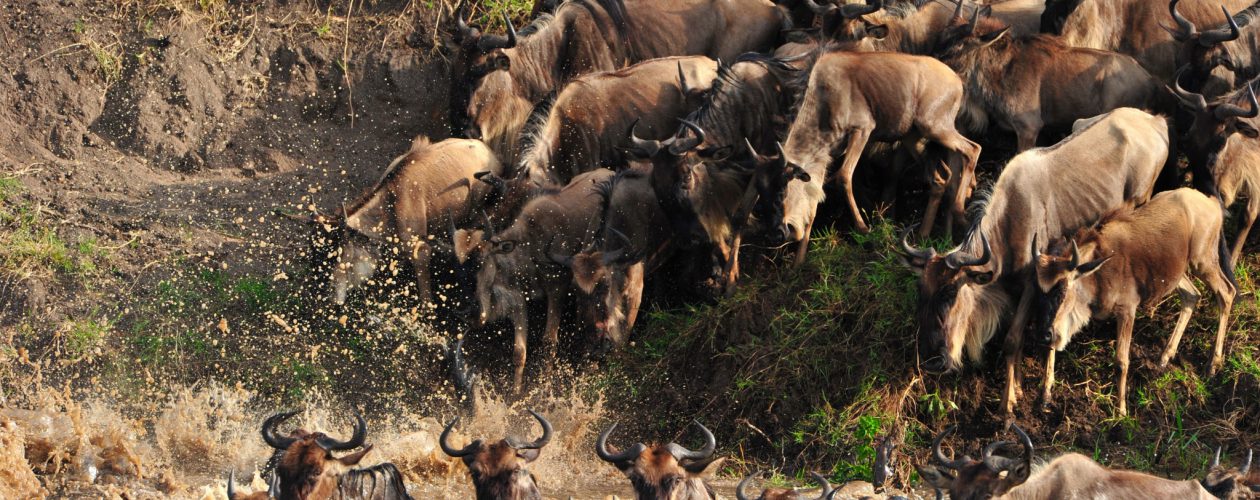Here’s what happens in Africa in July:
Across East and Southern Africa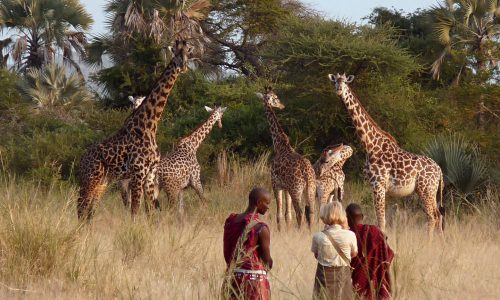
- July kicks off peak safari season. Adventurous travelers, excited families, and newlyweds begin to flock to where the really wild things are.
- Dry, colder weather sets in, and the animals start congregating around diminishing water supplies, and as the foliage thins out, guests generally find it easier to spot wildlife at a distance
- If you plan on visiting Africa in July, we recommend that
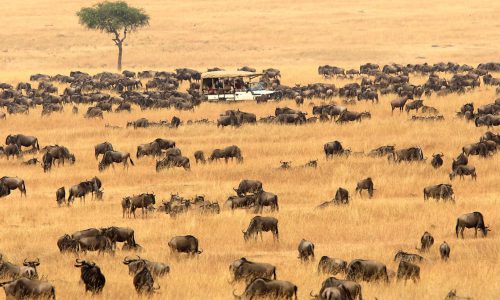 you start working with one of us about a year in advance, for the sake of having the widest selection of lodges and camps still available.
you start working with one of us about a year in advance, for the sake of having the widest selection of lodges and camps still available.
East Africa
- A million and a half wildebeest and zebra, trudge on through the western Serengeti toward the Masai Mara.
- Territorial predators find it easier to hide and stalk their
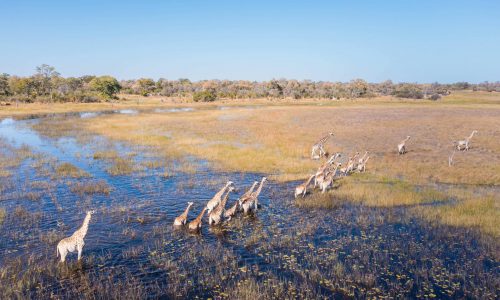 prey, and many enjoy a bountiful feast as the so-called “Great Migration” moves through.
prey, and many enjoy a bountiful feast as the so-called “Great Migration” moves through.
Southern Africa
- After the summer rains, floodwaters from the Angolan highlands begin to arrive in Botswana, doubling the size of the Okavango Delta, so riverboat cruises and mokoro rides are back on the safari menu.
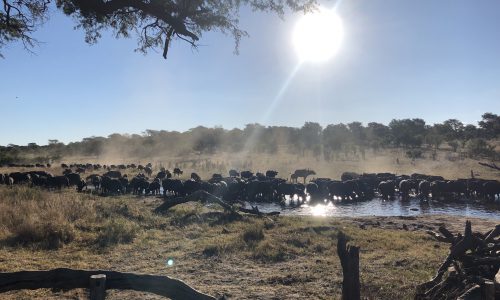
- At the same time, the area receives less than 10% of the annual rainfall in July, so as watering holes dry up, game and birdlife are condensed into smaller areas within reach of waterholes.
- Be sure to pack winter clothing because morning game drives can be cold. Expect low temperatures in the low forties in the morning, reaching mid-seventies by the afternoon.
- In the dryer areas like the Kalahari temperatures can
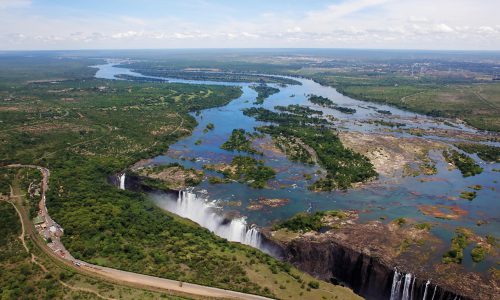 drop below freezing at night, but hot water bottles and down duvets keep everyone comfortable.
drop below freezing at night, but hot water bottles and down duvets keep everyone comfortable. - For those visiting the Victoria Falls there is the opportunity to go white water rafting or canoeing on the Zambezi River, and depending on the water, Livingstone Island may already be accessible.
Cape Town & Surroundings

- The Winelands are a little quieter this time of year, and much of the action moves indoors as salad lunches in the shade make way for delicious soups and artisan breads around cozy fireplaces.
- Ferries to Robben Island reduce their daily schedule to a few sailings per day, and the Cable Car to the top of Table Mountain also shuts down for its annual maintenance (usually around the end of July through the first week of August).
- Cape Town is a year-round destination, and the whales are out in force along the coast, so don’t let the chillier days (think mid-50 to mid-60 degrees) put you off planning a stay. With lots of festivals and events taking place, there’s always some buzz in town.
